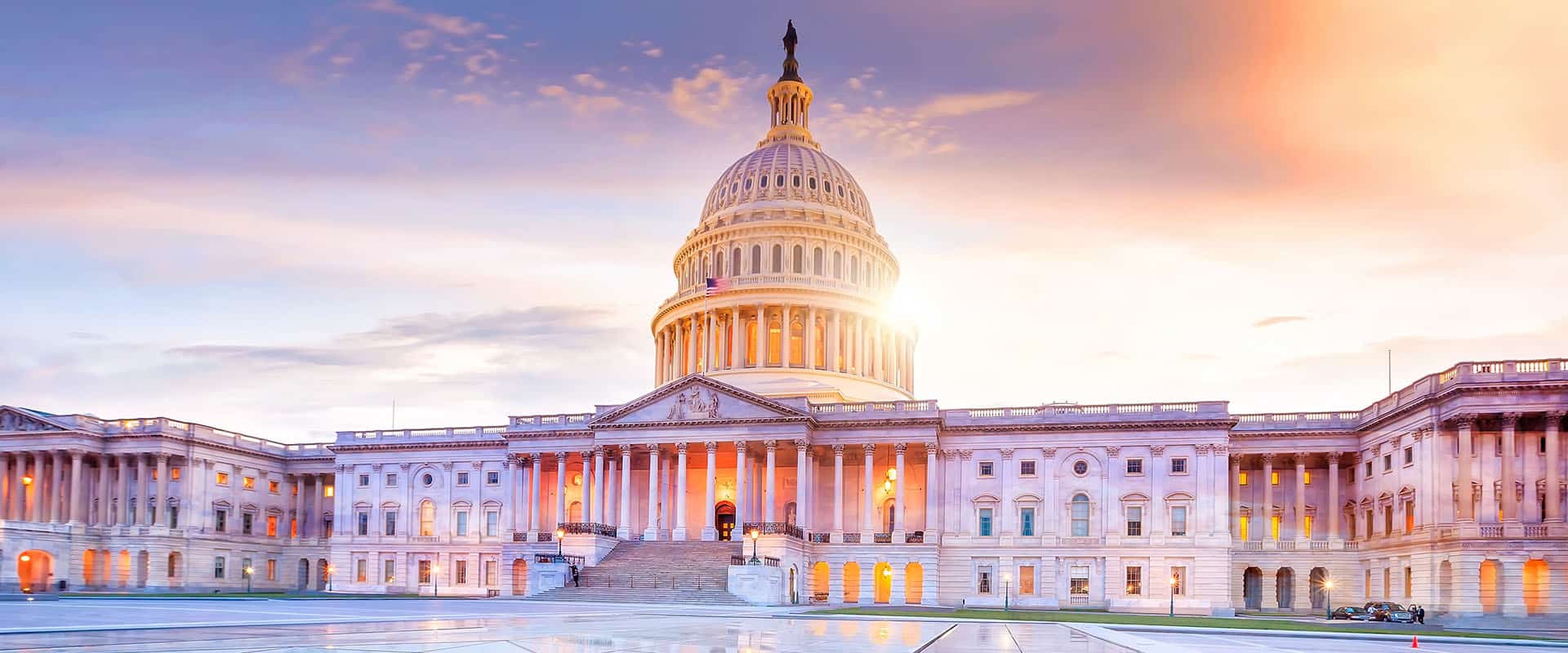On May 23, the Biden Administration released FACT SHEET: Biden-Harris Administration Takes New Steps to Advance Responsible Artificial Intelligence Research, Development, and Deployment | The White House, outlining the myriad of actions taken to date to identify and manage the risks of artificial intelligence (AI) including a Blueprint for an AI Bill of Rights | OSTP | The White House and multiple Executive Orders.
In addition, last week, the Federal Trade Commission, Consumer Financial Protection Bureau, Equal Employment Opportunity Commission, and Department of Justice’s Civil Rights Division issued a joint statement underscoring their collective commitment to leverage their existing legal authorities to protect the American people from AI-related harms.
Also on May 23, the Administration issued a new request for public input on critical AI issues: this request for information (RFI) to seek input on national priorities for mitigating AI risks, protecting individuals’ rights and safety, and harnessing AI to improve lives.
Related Posts
CMS Issues Final Rule to Improve Access, Accountability, and Transparency in Medicaid Managed Care
The Centers for Medicare and Medicaid (CMS) recently issued a final rule aimed at improving access to care, accountability and transparency for the more than 70…
April 2024 State Legislative Update
In early April, as 19 state legislatures concluded their sessions for the year, a flurry of legislative activity marked the landscape, particularly in audiology and…
Medicare Advantage Plans Now Required to Inform Beneficiaries of Hearing Benefits
On April 4, 2024, the Centers for Medicare and Medicaid Services (CMS) issued a final rule that updates the Medicare Advantage Program for 2025. In…


